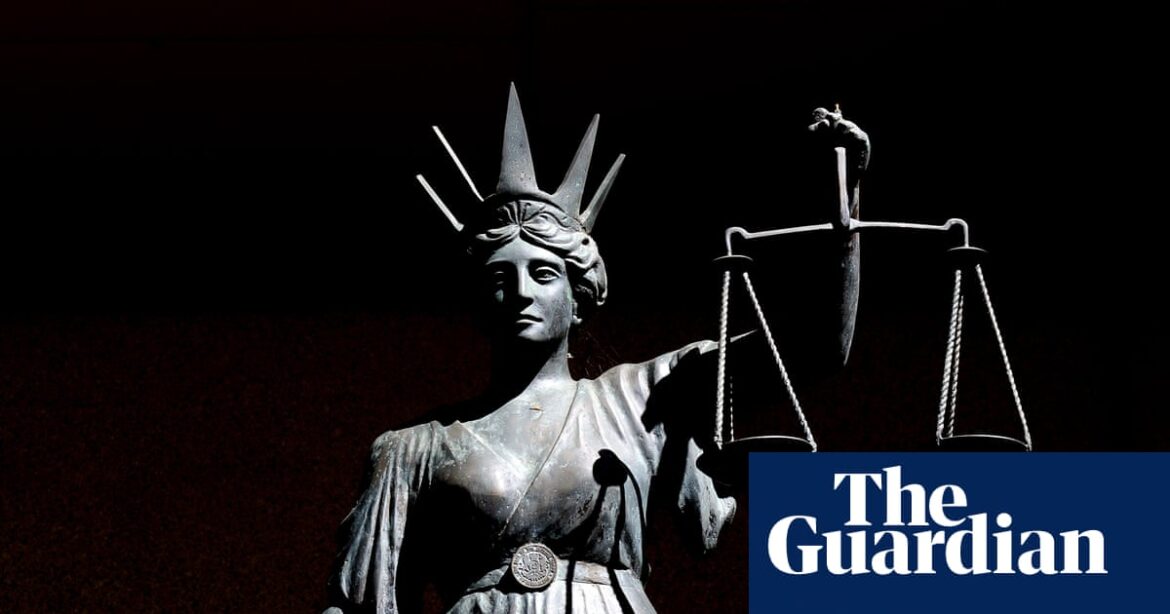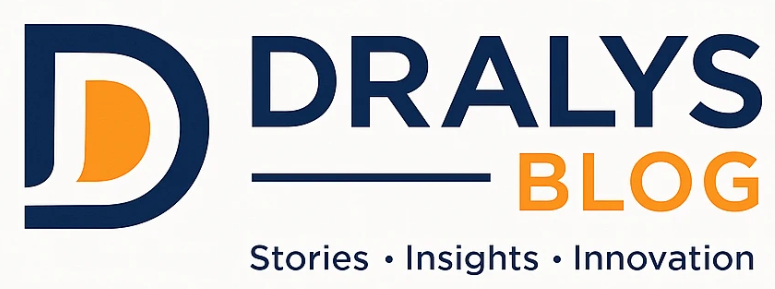A Case at the Intersection of Wealth, Governance, and Community Engagement
The case involving Lanlan Yang, a 23-year-old woman accused of multiple driving offenses after a high-profile accident in Sydney, has stirred debate not only within the local Chinese Australian community but also across broader societal lines. The implications of this incident extend far beyond the courtroom, touching upon essential themes of leadership, governance, ethics, and community dynamics.
Yang stands accused of being the driver of a luxury Rolls-Royce SUV that collided with a Mercedes, resulting in serious injuries for the latter’s driver, George Plassaras. The charges — including dangerous driving occasioning grievous bodily harm, neglecting to submit to breath analysis, and not providing information to law enforcement — paint a complex portrait of a young woman who has captured media attention, largely due to her affluent lifestyle and controversial social standing.
In an era where public figures are often put on trial by media perception long before actual courtroom proceedings take place, Yang’s case illustrates a crucial intersection of reputation, accountability, and governance. Her solicitor, Michael Korn, has entered a not guilty plea to all charges, asserting a need for thorough examination of evidence. This is not merely a legal battle; it is a matter of ethical scrutiny, determining how wealth and privilege can influence public perception and justice.
Community Response and the Role of Leadership
The societal reactions to the incident reveal the underlying tensions within the community. During previous court appearances, large numbers of Chinese Australians notably showed their support for Yang. However, the most recent hearing drew only a handful of attendees. This shift may speak to the initial fervor and eventual skepticism about the case and what it represents about privilege and justice in Australia.
The dramatic arc of Yang’s case extends beyond individual ramifications, echoing larger narratives concerning the responsibilities of leadership within the Chinese Australian community and the broader implications of wealth on societal structures. Effective leadership should foster a sense of accountability and ethical behavior, especially in high-stakes scenarios such as this. Leaders must navigate these waters with sensitivity, ensuring that their actions do not reinforce harmful stereotypes or exacerbate divisions within society.
Moreover, this incident challenges notions about community support. How do communities balance their loyalties when confronted with the ethical complexities surrounding their public figures? In a capitalist society often driven by image and affluence, the instinct to protect local icons may conflict with broader ethical considerations regarding accountability, governance, and the rule of law.
The Governance Challenge: Law and Ethics
The legal landscape in which Yang finds herself raises questions about governance and ethical standards. The expectations of society must be balanced against the rights of defendants, and the transparency of the legal process is paramount. Already, public discourse surrounding the case highlights biases and assumptions about wealth and class, particularly how they can skew perceptions of guilt or innocence.
Governance in this context is also about maintaining public trust in legal institutions. As more details regarding Yang’s wealth and lifestyle emerge, there lies the risk of information being weaponized to either vilify or exonerate her, regardless of the facts of the case. A robust legal system should be immune to societal pressures, yet this incident challenges our faith in that ideal.
The role of the police and the legal framework is critical in ensuring that all parties feel heard and that justice is genuinely sought. The order from New South Wales police to provide a brief of evidence to Yang’s legal team underscores the importance of due process. Nevertheless, it is also a reminder of the often-disparate realities that can exist for those who aren’t shielded by privilege.
Dralys Insight: Lessons for Society and Leaders
The case of Lanlan Yang serves as a multifaceted lesson in leadership, governance, and social ethics. Here are the key insights for the community and future leaders:
-
Ethical Behavior and Accountability: Regardless of social status, accountability is crucial in leadership. Communities prosper when their leaders exemplify ethical conduct and prioritize collective well-being over personal or familial ties.
-
The Power of Community Engagement: The presence or absence of community support can inform public perception, but it is essential for communities to engage thoughtfully with moral and ethical issues, ensuring that their support does not inadvertently endorse negative conduct.
-
Transparency and Trust: Legal processes must maintain transparency to secure public trust. Engagement with the community can demystify legal proceedings and bolster the overall societal perception of justice and equity.
-
Championing Diversity: Greater mutual respect and understanding between ethnic communities and the wider population enhance societal cohesion. Diversity should not sow division but should serve as a pillar upon which moral and ethical leadership can be built.
- Innovation in Governance: As societal dynamics evolve, so too must governance structures. Implementing community-driven models that encourage dialogue about ethical behavior—particularly in high-profile cases—presents an opportunity to weave together disparate narratives into a unified vision for justice.
In summary, the incident involving Yang serves as a pivotal moment, engaging our societies in discussions around leadership ethics, community dynamics, and the principles of justice. By collaboratively navigating these complexities, we can emerge with a renewed commitment to fostering a more equitable and just society.
Adapted for Dralys Insight from global reports and public sources.

